Thomas Mann, despite strong homosexual emotions, had six children. The two eldest, Erika and Klaus, born in 1905 and 1906 respectively, were delinquent almost from the word go: shoplifting, prank phone calls, trickery on old ladies, special schools. They were also artistically precocious; the frantic pair took German Expressionist cabaret to Berlin, Paris, Amsterdam, London, New York and Moscow. By the time Klaus reached 21, he and his sister had frolicked right round the globe. Klaus never stopped travelling, and this biography is a feverish sequence of arrivals and departures.
Erika was more the performer, Klaus more the writer. Both were openly gay. Klaus explored his homosexuality in his first book, published in 1925, and in many works thereafter. He found rough trade in every city he visited; 1932, for example, finds him frequenting Piccadilly Circus and the Turkish baths in Jermyn Street. But Paris became his spiritual home, where he smoked opium with Cocteau, terrified Julien Green, and worshipped Gide (to Gide’s annoyance).
In Weimar Germany, Klaus was sneered at by those on the left who might be expected to have supported him: Brecht, Tucholsky and Walter Benjamin. Klaus was a courageous, talented writer, but they couldn’t cope with his sex, drugs and rock’n’roll. Those on the right ignored him altogether, until the rise of Nazism led to aggressive persecution and Klaus fled permanently abroad. When Hitler was elected Chancellor in 1933, the Mann parents were in Switzerland. Klaus and Erika begged them not to return to Germany and they didn’t. Thomas, already marked as a vocal anti-Nazi, lost everything in his homeland. Well before the rest of the world turned up for the Berlin Olympics in 1936, the entire Mann family was in exile.
Klaus dashed from capital to capital, editing, writing and rousing the German emigré opposition. It was through Klaus’s friendship with Isherwood that Erika was able to marry Auden as an escape route. By this time, Klaus was living on morphine, benzedrine and anything else available, preyed on by casual pick-ups, enslaved by destructive infatuations. In private he droned on ceaselessly about death and suicide, yet the dizzy pace continued in the USA where the Manns spent most of the second world war. In Hollywood Klaus ‘had lunch successively with Billy Wilder, Ernst Lubitsch and Fritz Lang. He attended a Christmas party at David Selznick’s studio and was taken by George Cukor to the shooting of a scene for Gone With the Wind.’ Celebrity-surfing as usual. But, as always, he felt misunderstood. At a surreal moment he became a GI — even the US Army was welcoming, once he’d taken the syphilis cure. His fellow squaddies nicknamed him ‘the professor’.
After the war Klaus roamed Europe again. On account of his father’s distinction and his own jerky bravura, he had the most fabulous address book I’ve ever encountered in a biography. In Rome for example it’s Magnani, Moravia, Rossellini, de Chirico, Mario Praz. But the intellectual left never forgave him his 1937 support of Gide’s book denouncing Stalin and Soviet Russia. In the new postwar Europe nobody was prepared to publish Klaus, and his death in Cannes 1949 from sleeping drugs was an accident waiting to happen.
Centreless himself, he was at the centre of his times and his books Mephisto, Der Vulkan and The Turning Point continue to live. He thoroughly deserves his first exclusive biography in English but I’m not sure he deserves this biographer. Spotts is weak on the prewar material; better once Klaus reaches America and into the postwar fade. But Spotts flaunts his hatreds; and his hatred of Thomas Mann in particular is so unjust and bizarre, it must cast doubt on the book as a whole. Thomas’s writing is dismissed as ‘logorrheic’. I find no mention of the 1929 Nobel Prize for Literature. Thomas is ‘his arch-conservative father’. ‘Thomas Mann would have fitted in to the Third Reich perfectly.’ Thomas is ‘an unforgiving, uncomprehending, hate-filled father’. And much more.
A cursory glance at Thomas Mann’s letters (the diaries are less revealing) refutes this nonsense. The father-son relationship was difficult of course; but it also had a tender dignity, of love and concern, wonderfully judged by each, which Spotts crudely erases — he’s in the blame game and seems to grasp nothing of family dynamics. Most of all, Thomas Mann’s inner resilience, humanity and unflagging support for his children, and also for the muse, through one of the grimmest crises in history, is not something to be spat upon.
Got something to add? Join the discussion and comment below.
Get 10 issues for just $10
Subscribe to The Spectator Australia today for the next 10 magazine issues, plus full online access, for just $10.
Available from the Spectator Bookshop, £27.00. Tel: 08430 600033
You might disagree with half of it, but you’ll enjoy reading all of it. Try your first month for free, then just $2 a week for the remainder of your first year.

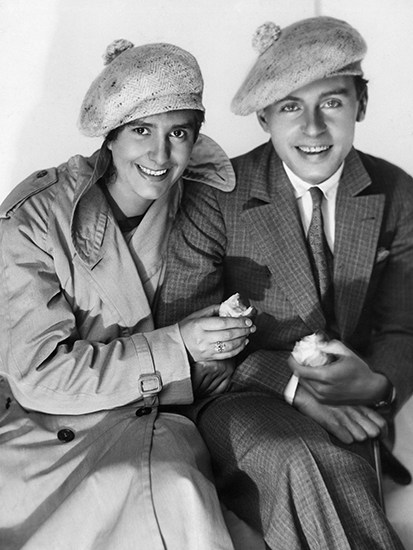
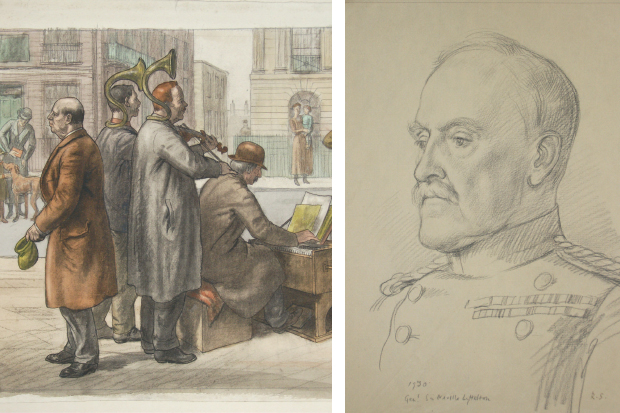

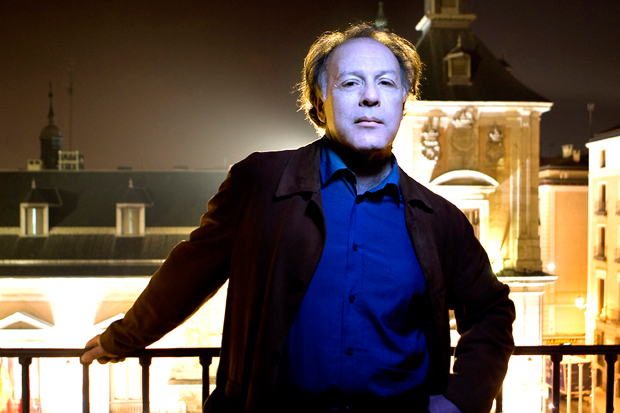
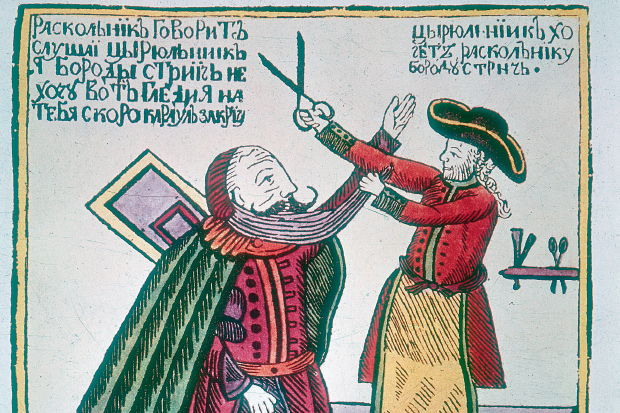
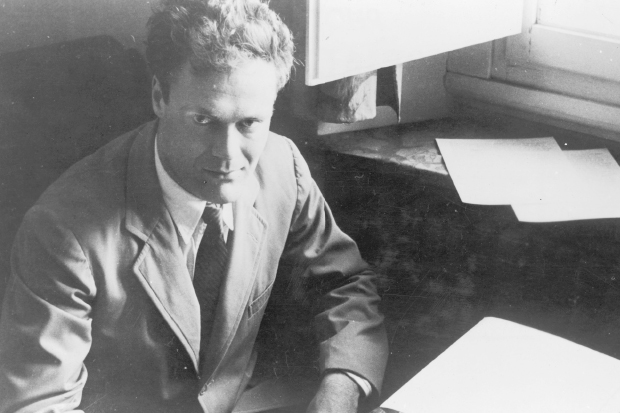
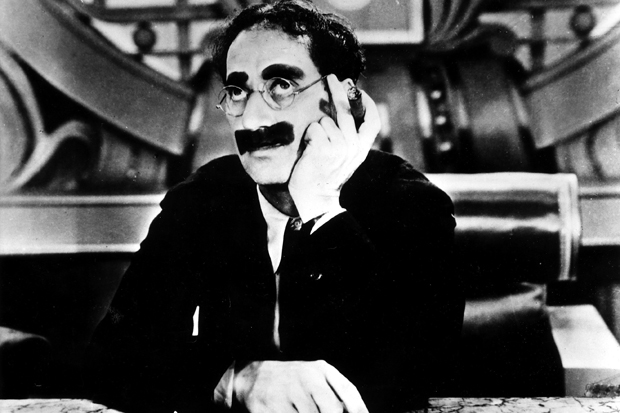






Comments
Don't miss out
Join the conversation with other Spectator Australia readers. Subscribe to leave a comment.
SUBSCRIBEAlready a subscriber? Log in